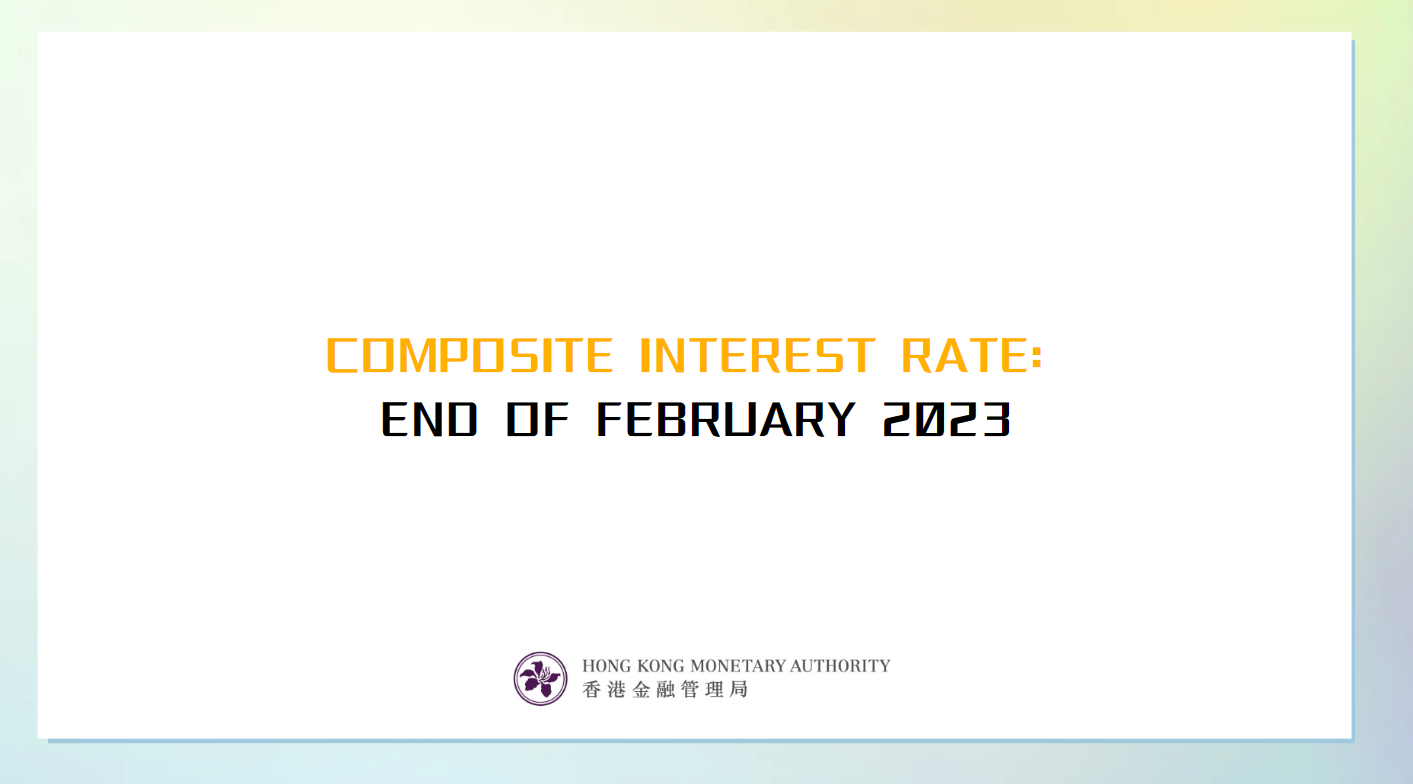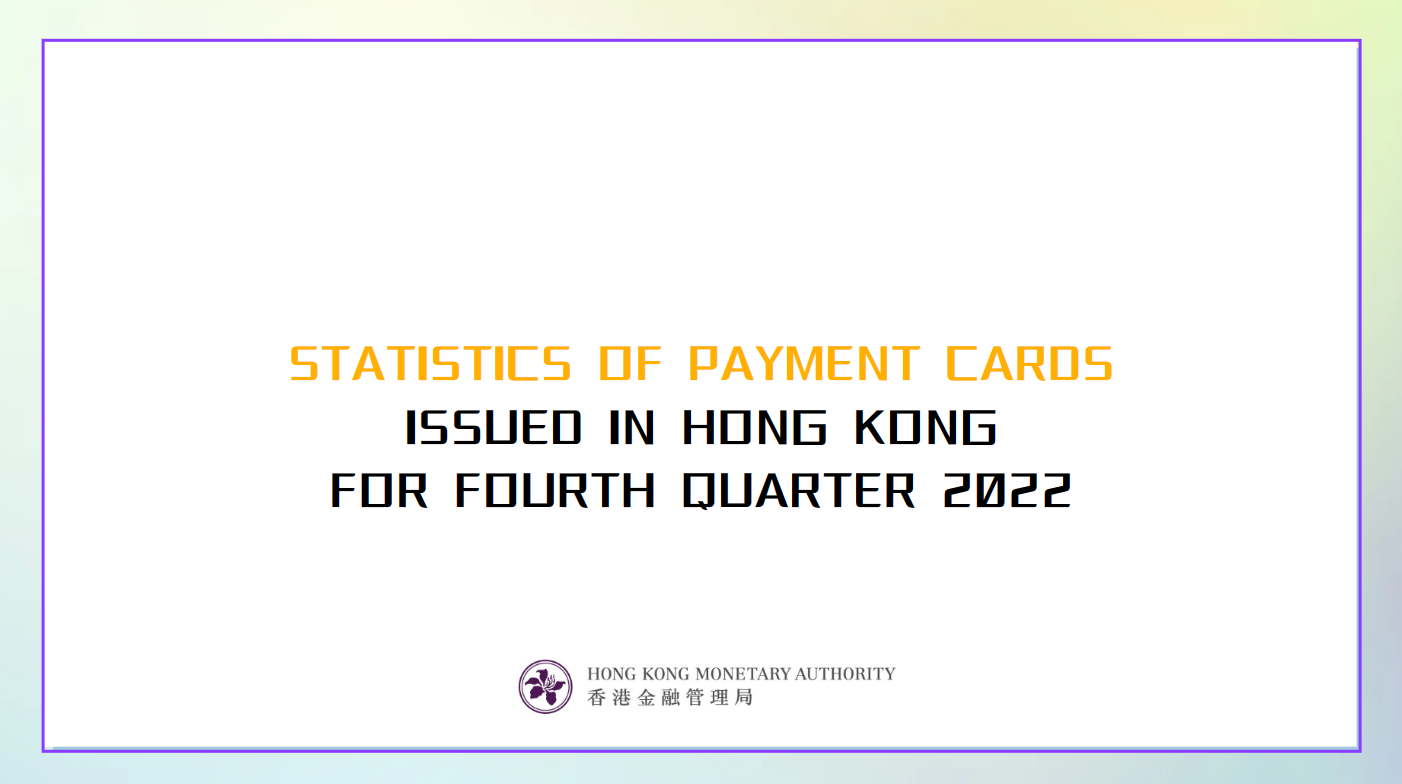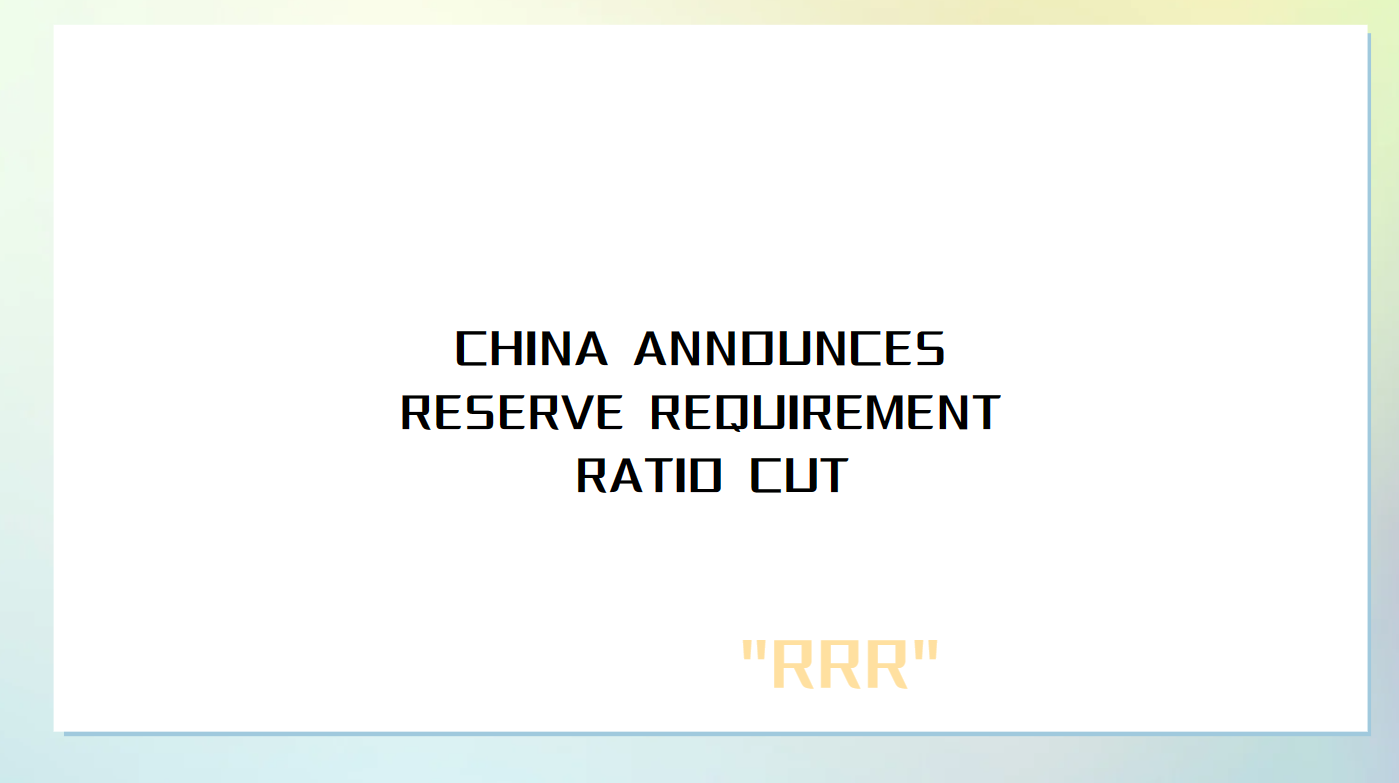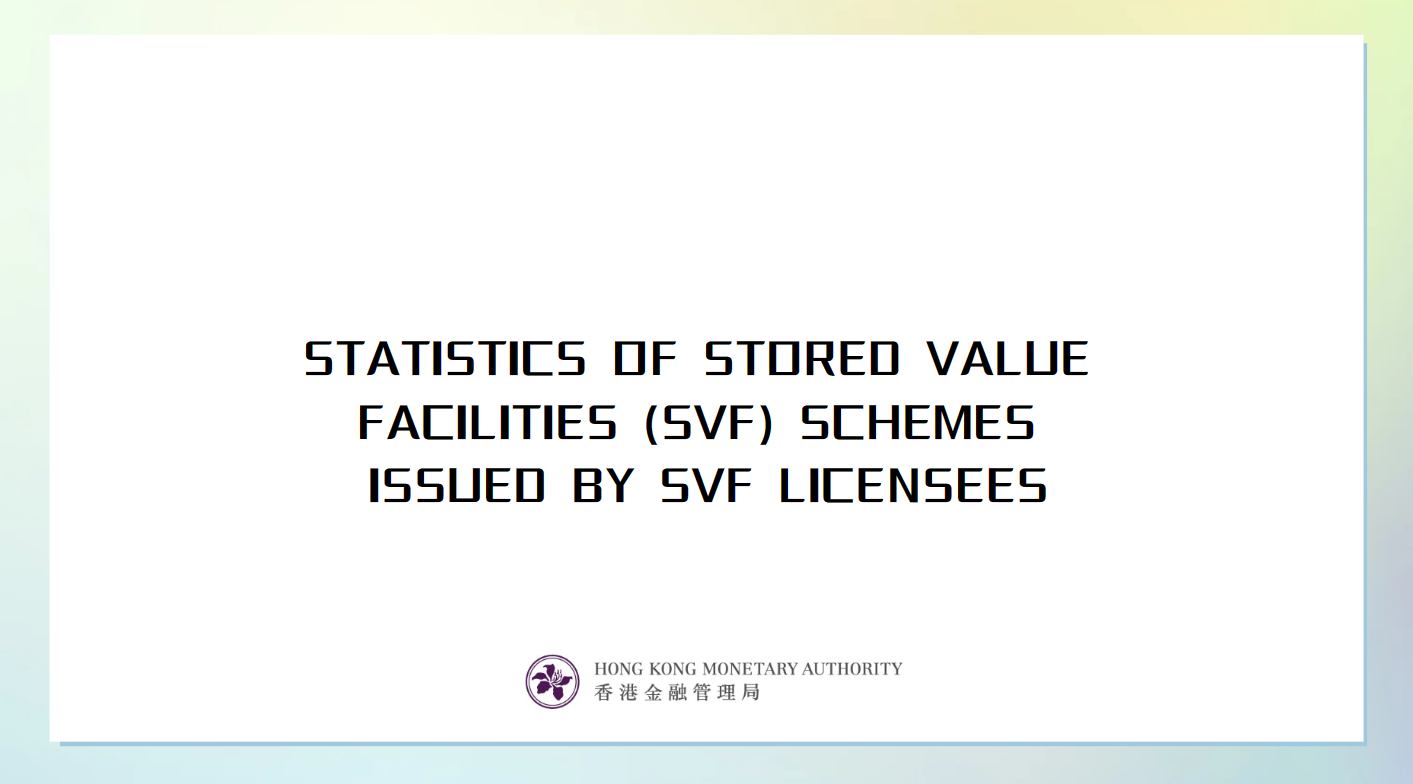Nation to expand financial sector's opening-up
China will further expand the high-level opening-up of its financial sector and advance institutional opening-up with regard to rules, regulations, management and standards, officials and financial experts said.
The country is implementing a larger-scale, wider-ranging and deeper-level opening-up of its financial sector, and will adopt a more proactive opening-up strategy, said Lou Jiwei, head of the Global Asset Management Forum and China's former finance minister, at the 2023 GAMF annual conference held in Beijing over the weekend.
The Chinese government is prepared to respond to changes in the external environment for an extended period of time, and it will firmly deepen its resolution to open up the financial sector and steadily expand institutional opening-up, Lou said.
According to the former finance minister, China will ensure the steady implementation and refinement of its opening-up measures. During the process of policy implementation, it is necessary to further strengthen communication and exchanges with domestic and foreign market entities. It is also necessary to strengthen the connection with international rules and adopt global standards and best practices, he said.
In addition, China should improve the rules for cross-border transactions between financial institutions' parent company and subsidiaries, allow foreign institutions to share resources reasonably on domestic and overseas platforms, and optimize the channels and ways for foreign investors' participation in domestic financial markets, Lou said.
When the conditions are mature, the country should allow foreign financial institutions to go public in the domestic capital market, he added.
Cao Yu, vice-chairman of the China Banking and Insurance Regulatory Commission, said the nation will set a benchmark against high-standard international economic and trade rules and further enhance the level of institutional opening-up of its financial industry.
The Regional Comprehensive Economic Partnership agreement took effect last year, laying a good foundation for expanding institutional opening-up, Cao said. China will proactively refer to and learn from the rules of high-standard economic and trade agreements, including the Comprehensive and Progressive Agreement for Trans-Pacific Partnership and the Digital Economy Partnership Agreement, to further enhance the level of opening-up, he added.
In recent years, Cao said, China has actively aligned with new international financial regulatory rules and carried out capital regulatory reform in the banking and insurance sectors. In the future, the country will also explore and experiment in the areas of common concern such as climate change, green finance and the digital economy.
The increasingly deeper opening-up of China's financial markets has provided new opportunities for investors to manage their wealth and allocate their funds, said Xuan Changneng, deputy governor of the People's Bank of China, the country's central bank.
As of the end of last year, the balance of renminbi assets held by foreign entities in China hit 9.6 trillion yuan ($1.4 trillion), a 1.2-fold increase since 2017. Among them, the balance of stocks and bonds reached 3.2 trillion yuan and 3.5 trillion yuan, respectively.
Overseas issuers have issued 630 billion yuan worth of panda bonds, which are RMB-denominated bonds sold by foreign issuers on the Chinese mainland.
This reflects the increasing international influence and attractiveness of China's bond market, as well as the confidence of global investors in the nation's long-term, stable economic development and continuous opening-up of its financial markets, Xuan said.
"The 20th National Congress of the Communist Party of China clearly stated the need to steadily expand institutional opening-up with regard to rules, regulations, management and standards. This is a deeper level of opening-up beyond the opening-up based on the flow of goods and factors of production," he said. "It also shows China's determination to keep promoting high-level opening-up, participate deeply in global industrial cooperation, and maintain a diverse and stable international economic pattern and trade relations."
As China's economic growth momentum gradually recovers and its financial markets further open up, the investment and hedging attributes of Chinese financial assets will become more prominent, he added.




















































First, please LoginComment After ~